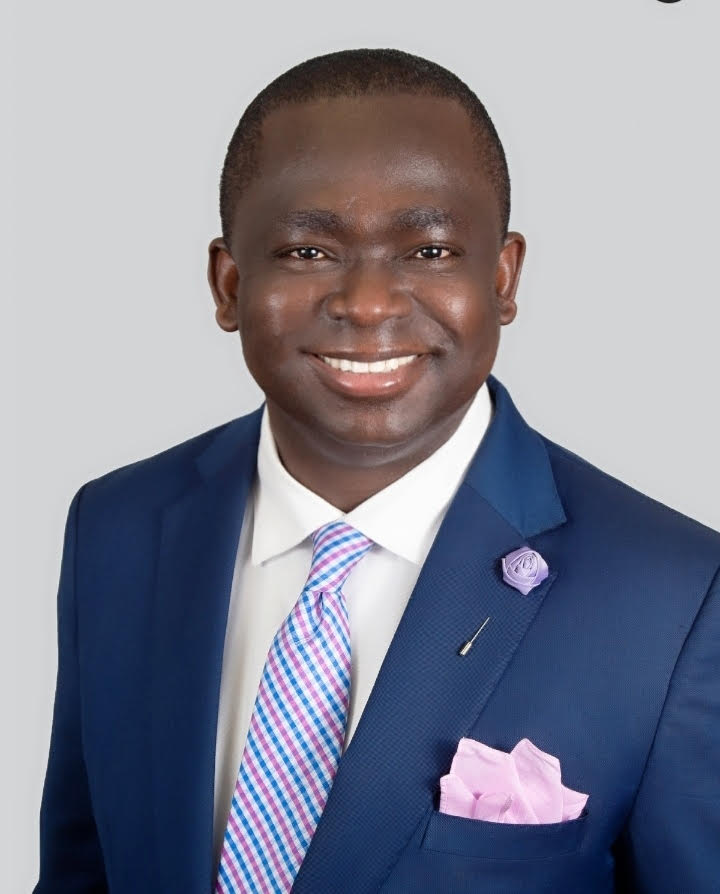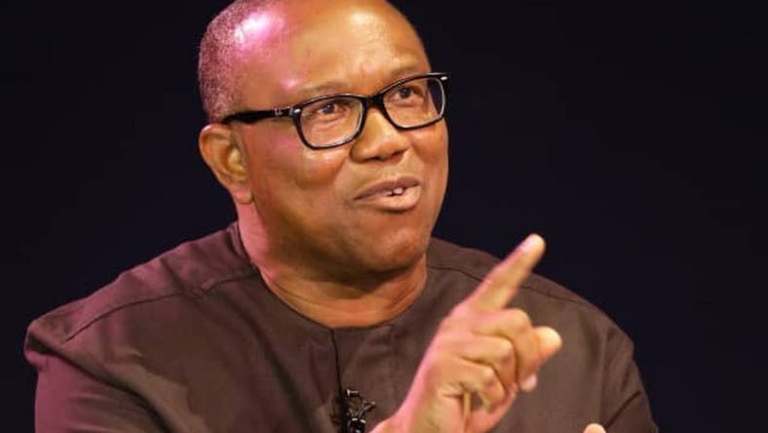Opinions
Dr Kenny Folarin: Lead and Live Well- Your Priceless Asset By Sunday Osanyintuyi
Correct and impactful leadership is not tied to titles. Hence, the new work of Dr. Kenny Folarin on this all-important aspect of leadership excites everyone.

One basic need of the universe is leadership. Getting the right leaders to pilot the affairs of nations, organizations, or teams to a successful end is a global concern. Leadership is a vital management function that helps to direct an organization’s resources for improved efficiency and the achievement of goals.
Effective leaders provide clarity of purpose and motivate and guide the organization to realize its missions. A good leader can inspire everyone in an organization to achieve their very best. “With good leadership, you can create a vision and can motivate people to make it a reality,” Tail lard says.
Correct and impactful leadership is not tied to titles. Hence, the new work of Dr. Kenny Folarin on this all-important aspect of leadership excites everyone.
“Leadership is not about a title or a designation. It’s about impact, influence, and inspiration. We all have opportunities to influence others. Therefore, we are all called to lead and grow in influence” Dr Folarin said.
In this new book titled, LEADING WITHOUT A TITLE…… How to grow your Professional Influence and fulfill your leadership potential, Dr Kenny Folarinmaintains that title of a leader is measured by impacts.
If you’ve ever wanted to lead – or if you’ve ever wished you could be more effective at leadership but been disappointed at the “one-size-fits-all” solutions offered in books, courses, programs, and conferences – this is the book for you.

Regardless of what you do within your organization and the current circumstances of your life, the single most important fact is that you have the power to show leadership. Wherever you are in your career or life, you should always play to your peak abilities.
Leadership is not about titles, positions, or flowcharts. It is about one life influencing another. Titles don’t make a leader, influence does. Lead where you are. The cream will rise to the top.
In Leading without a Title, you will learn:
- How to work with and influence people like a superstar, regardless of your position.
- Hard-hitting tactics to become mentally strong and physically tough enough to lead your field.
- Practical suggestions & instant strategy to build a great team and become a “merchant of wow” with your colleagues.
- Practical suggestions on ways to defeat stress, build an unbeatable mindset, unleash energy, and balance your personal life.
- Practical methods to recognize and then seize opportunities in times of deep change.
Leadership is not rank, privileges, titles, or money. It is a responsibility. Now is the time to begin developing the mindset, skills, disciplines, and habits of the leader you one day hope to become.
For Dr. Folarin, the launch today is a double game. Of course, being a prepared leadership expert, he has so much in stock to deliver. In this second book, THE TRANSFORMATIONAL POWER OF ADVERSITY…Timeless Lessons from the COVID-19 Pandemic he posited that the COVID-19 pandemic changed life as we know it—and it may have changed us individually as well, from our morning routines to our life goals and priorities. Many say the world has changed forever.
According to the author, COVID-19 has taught us a lot. Through the global crisis, we have reevaluated aspects of our societies and examined what is working—and what isn’t. This book provides leadership insights, wisdom, health tips, paradigm shift, and strategies to navigate this new normal for healing, growth, support, change, and personal transformation and to be well prepared going forward, personally and corporately.
In today’s contemporary world, the clinical setting has become an area of influence on everyone’s life. Therefore, effective Leadership is required to ensure that the health care providers deliver high-quality care services that would consistently provide efficient and safe care to the patients.
From this second book, you’re going to learn and discover:

- Life timeless lessons to take away from the pandemic.
- Greater perspective about life, relationship, and your career path
- Coping strategies, insight for a new trajectory, and how to share your voice.
Dr. Kenny Folarin is a strategic leader with more than 25 years of extensive executive, leadership, consulting, and coaching background and experience with both large organizations and businesses.
He has served in different leadership capacities and roles with Daystar Christian Centre, a multi-cultural, diverse, and structured organization for over 20 years, providing senior leadership functions, as a minister, Chief Operating Officer, and faculty member at Daystar Leadership Academy, the Premier leadership institution in Africa.
With a Ph.D., Doctor of Strategic Leadership (DSL), he is serving as Principal Consultant with Harold Global working with CEOs, executives, leadership teams, businesses, and organizations to develop strong leaders and productive employees through Executive Coaching, Workforce, and Leadership Training Programs to improve performance, leadership skills, and culture.
These books ae available for purchase via books.kennyfolarin.com
Osanyintuyi, writes from Lagos.


